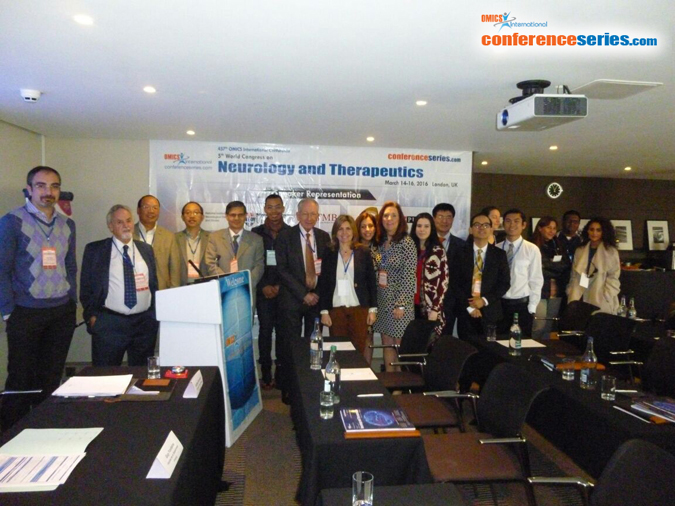
Biography
Biography: Shao-Jun Tang
Abstract
Neuropathic pain is a common neurological disorder in HIV-1/AIDS patients. Current therapies for HIV-associated neuropathic pain are largelyineffective. Multiple etiological factors may contribute to the pathogenesis of this pain syndrome, including HIV-1 infection and antiretroviral medicine. Analysis of the pain neural pathway in postmortem tissues of HIV-infected patients leads to identifying specific neuropathologies that may causally link to pain development in the patients.We are interested in understanding the pathogenic mechanism for the ultimate development of rationale-based therapeutic approaches. Our work has been focused on identifying the HIV-1 pathogenic factor and elucidating the molecular and cellular processes through which the factor causes neuropathic pain. We have undertaken an interdisciplinary approach in this research, including analyzing postmortem nervous tissues from HIV-1/AIDS patients, generating clinically relevant rodent models, and determining the molecular, cellular, behavioral and electrophysiological abnormalities in the model. Our results indicate that HIV-1 gp120 is a relevant viral factor for the HIV neuropathic pain. We also identify that that Wnt signaling in the pain neural circuit plays a key role in mediating the activity of gp120 to cause major neuropathologies of HIV-associated pain such as neuro-inflammation, astroglial reaction and neuropathy.Our studies may provide novel insights into the molecular, cellular and circuitry mechanisms of HIV-associated neuropathic pain.

